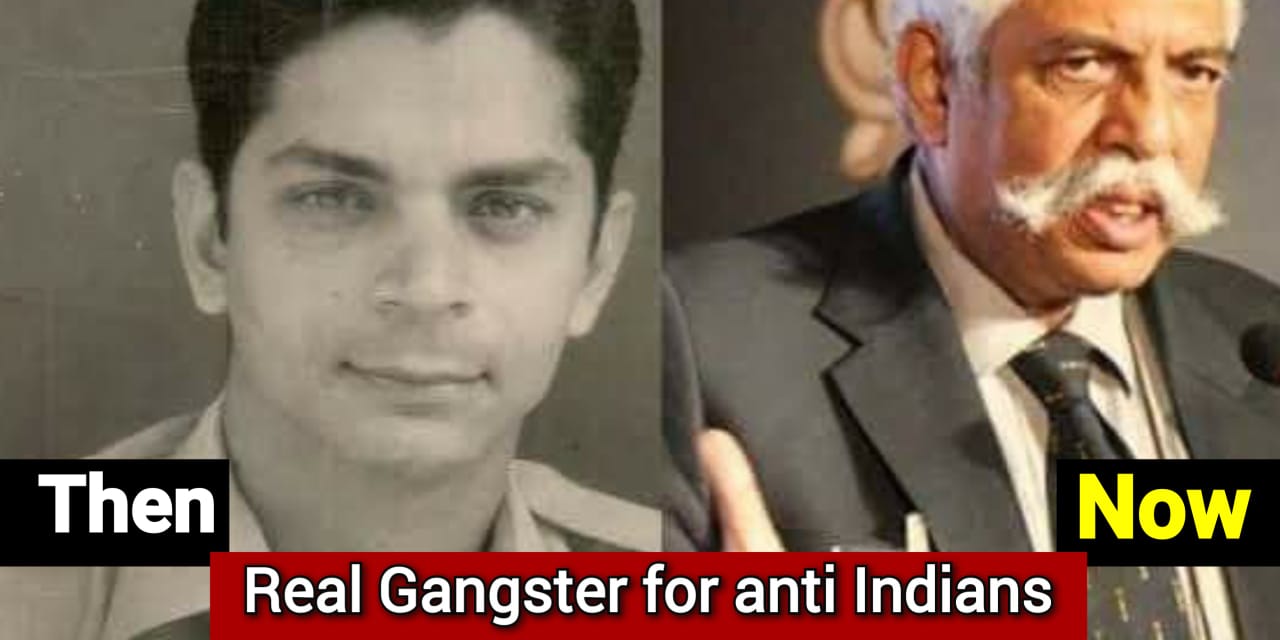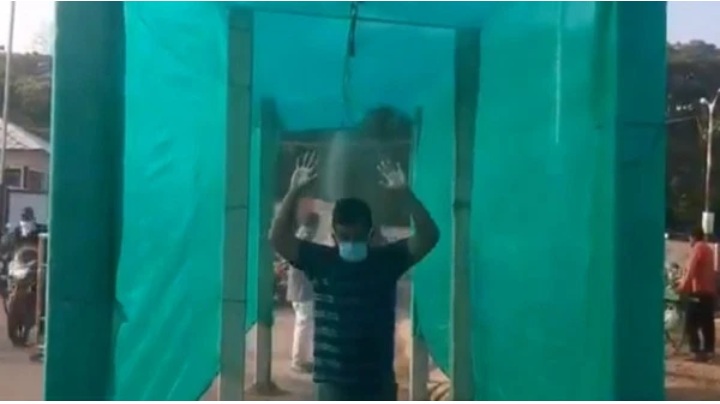No products in the cart.
Man wins Nobel Prize, but someone steals his medal few minutes later
It takes a lot of hard work and smart work to touch the pinnacle of success, but only a second to lose it. Not really sure how would Caucher Birkar be feeling at the moment. He is a Cambridge professor and was recently awarded the Fields medal, commonly called the ‘Nobel Prize of Mathematics’. But little did he know that he would lose the Fields medal worth $4000 (Rs.2,74,620).
This shocking incident happened during the prize distribution at Rio de Janeiro. Caucher Birkar was one of the four professors to receive the most valuable recognition at the International Congress of Mathematics. The other three professors who received the prestigious award were Akshay Venkatesh, Alessio Figalli and Peter Scholze.

According to the reports, the professor Birkar had kept the medal in his bag and then the bag carrying the medal was kept on a table along with his mobile phone and pursue. He soon realised that the medal went missing and he was stunned. When the search operation began, the security team of that particular area managed to find the bag, but the medal was not there in it.
Organizers of the event were quoted by Guardian as saying, “The organizing committee of the International Congress of Mathematics profoundly regrets the disappearance of the briefcase of mathematician Cauchar Birkar, which contained the Fields medal he received at this morning’s ceremony,” they said. “Images recorded at the event are being analysed. The organising committee is cooperating with local police authorities in their investigation.”
Fields medal, the prestigious one was first awarded in 1936. Ever since 1950, 4 mathematicians under the age of 40 are given the award every 4 years. However, the only women to have received this award was the late Maryam Mirzakhani.
“The International Congress of Mathematicians is profoundly sorry about the disappearance of the briefcase belonging to mathematician Caucher Birkar, which contained his Fields Medal from the ceremony this morning,” organizers said in a note.
Birkar, who faced this shocking experience, spoke about his journey ahead of the event. He said, “When I was in school it was a chaotic period, there was the war between Iran and Iraq and the economic situation was pretty bad. My parents are farmers, so I spent a huge amount of time actually doing farming. In many ways it was not the ideal place for a kid to get interested in something like mathematics.”








